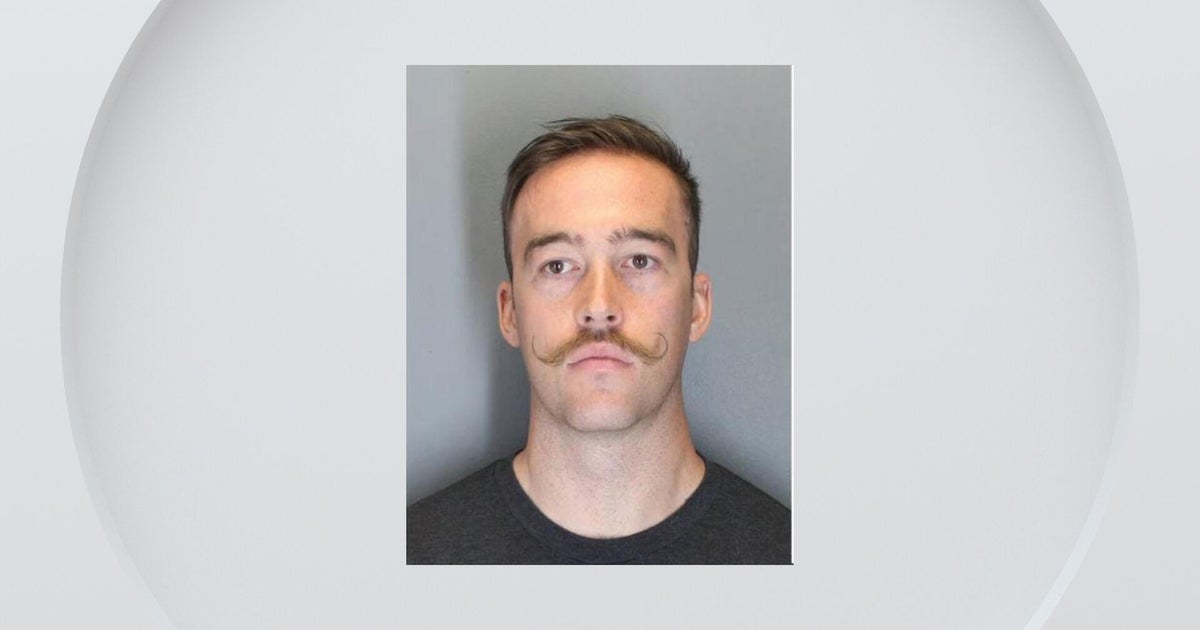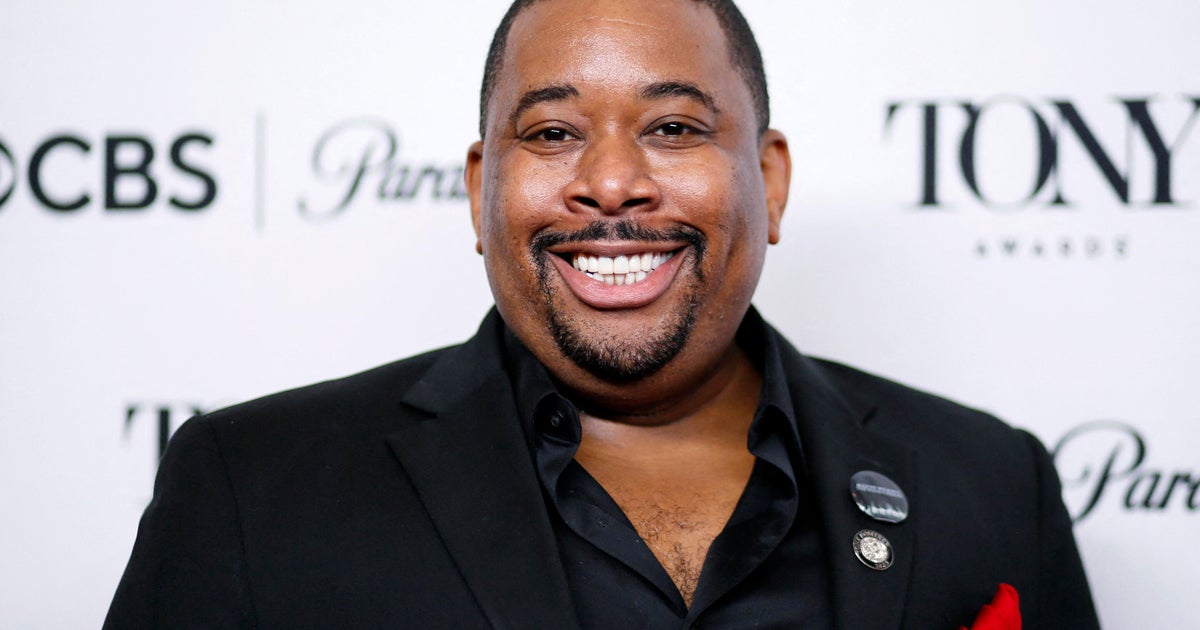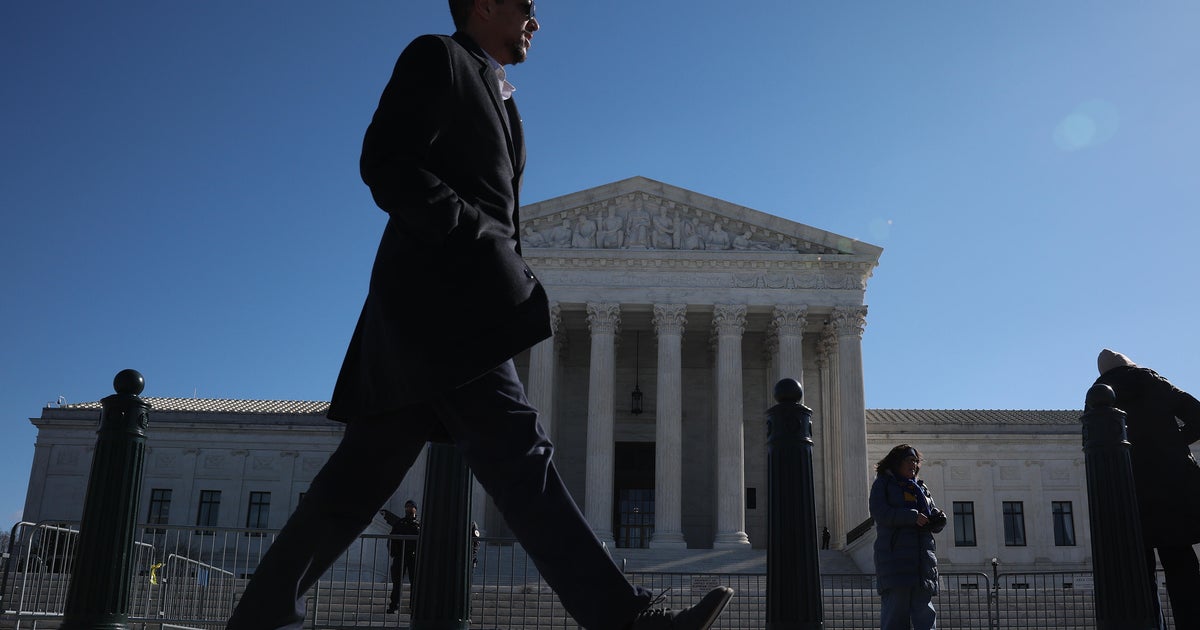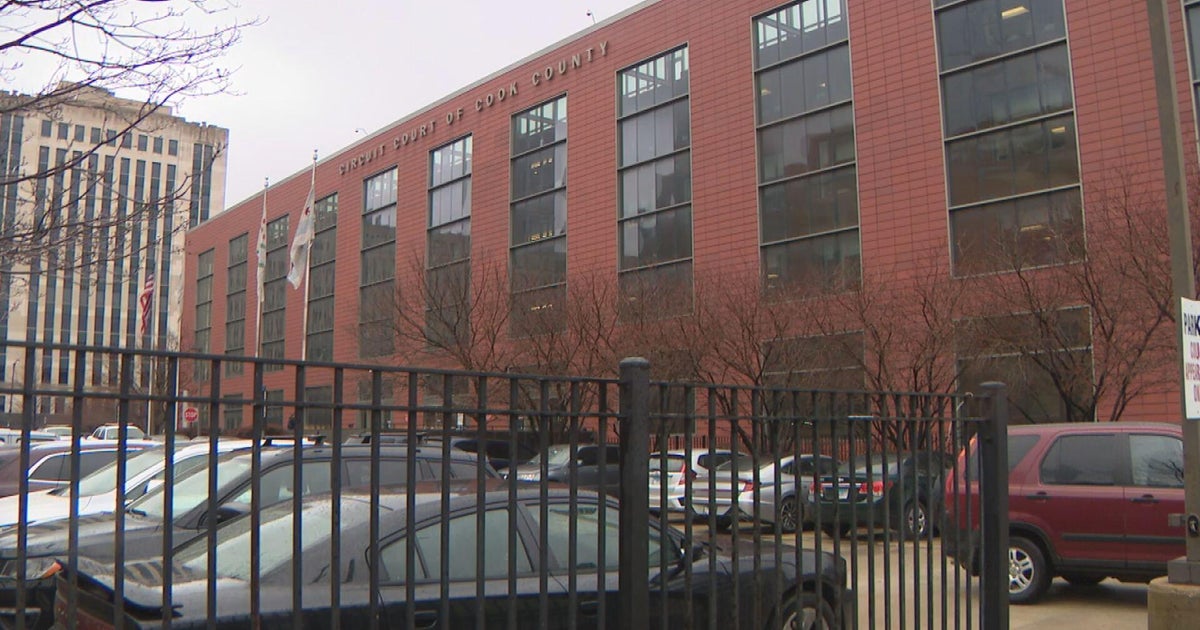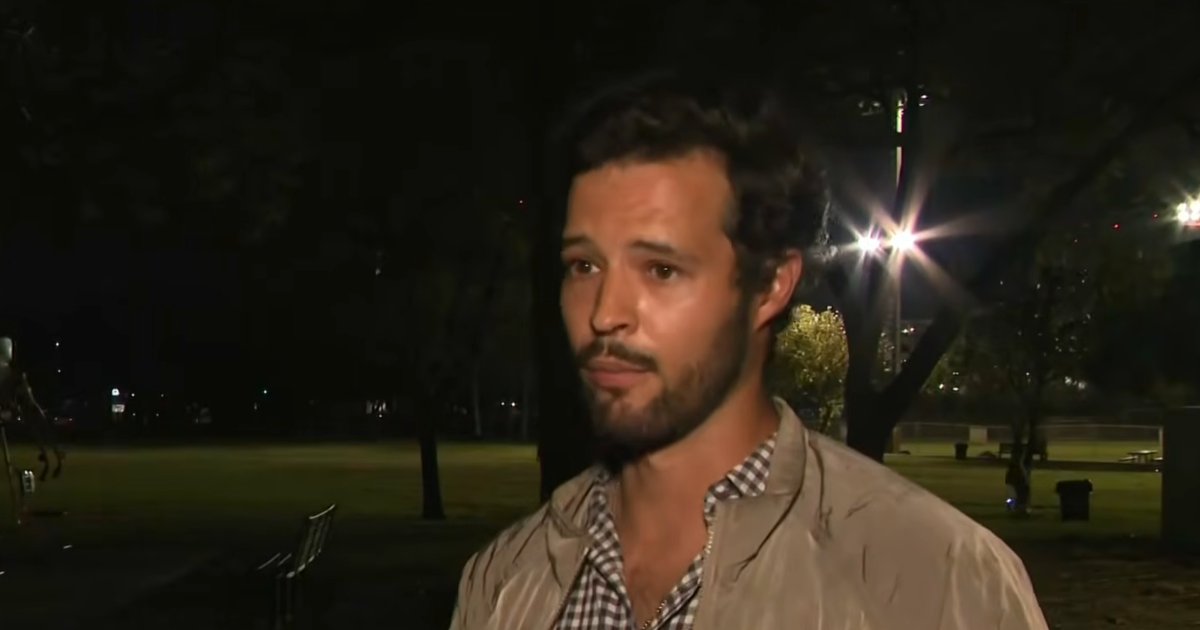Three Names Sent To Scott For Supreme Court Opening
Follow CBSMIAMI.COM: Facebook | Twitter
TALLAHASSEE (CBSMiami/NSF) – A lawyer who once worked to keep David Duke off the presidential ballot in Florida and two appellate judges who pledged to use judicial restraint are on a short list of replacements for retiring Florida Supreme Court Justice James E.C. Perry.
The Supreme Court Judicial Nominating Commission sent the list to Gov. Rick Scott late Monday, after interviewing 11 high court hopefuls in Orlando earlier in the day.
Fifth District Court of Appeal Chief Judge C. Alan Lawson, appellate Judge Wendy Berger and Orlando lawyer Dan Gerber made the final cut, according to a notice issued by commission Chairman Jason Unger.
Berger, appointed by Scott to the 5th District Court of Appeal three years ago, formerly served as Gov. Jeb Bush's assistant general counsel in charge of the death penalty and clemency.
Death penalty cases are a major issue for the Supreme Court. Florida's death penalty has been in flux for nearly a year, since a January U.S. Supreme Court ruling, in a case known as Hurst v. Florida, struck down the state's capital sentencing system as unconstitutional because it gave too much power to judges, instead of juries.
While working for Bush, Berger said she scrutinized death penalty cases to ensure "I felt comfortable" before recommending that the governor issue death warrants. Berger said she sentenced three defendants to death while serving as a circuit judge.
"I have a breadth of knowledge and work in death penalty cases and I understand the importance of those decisions on that level," Berger said Monday during her interview with the nine-member nominating commission.
Berger, like the other two finalists for the post, stressed to the commission the importance of using judicial restraint. The Supreme Court justices' role is "to apply the law, to interpret the law," Berger said.
"It's not to make it, or force my will upon the people through a written opinion," she said.
During questioning, nearly all of the candidates stressed the need for "originalist" interpretation of laws while vowing to construe laws as narrowly as possible.
The finalists' conservative judicial philosophies are a stark contrast to the justice they are seeking to replace. Perry, who will leave the court at the end of the year because of a mandatory retirement age, is one of five Supreme Court justices who make up a liberal-leaning majority that has repeatedly earned the wrath of Scott and the Republican-dominated Legislature.
Scott is required to choose a justice from the sprawling region covered by the Daytona Beach-based 5th District Court of Appeal. The region stretches across the state from Brevard to Citrus counties and includes counties such as Orange, Volusia, Marion and St. Johns.
Berger, Gerber and Lawson were among the applicants who heaped high praise on conservative Justice Charles Canady when asked which jurist they would emulate if chosen for the court. Canady frequently authors dissents joined by Justice Ricky Polston.
"The brilliance is there. Every Thursday you look and say, OK, let's see what the dissenting opinions have brought this week," said Gerber, a defense lawyer whose recommendations include a letter from onetime Florida Attorney General Richard Doran.
Canady "advocates for judicial institutional humility," said Gerber, whose clients have included Publix Supermarkets and Orkin and who represented Republican members of the Florida Presidential Selection Committee seeking to keep ex-Ku Klux Klan leader Duke from being on the ballot as a Republican in 1992.
"There is clarity in the restraint that he (Canady) brings to the process. He has a clear unambiguous understanding about separation of powers," he said.
Lawson also said his judicial philosophy most closely mirrors Canady's.
Lawson, 55, has a lengthy career as a trial lawyer, circuit judge and appellate judge. He applied for two Supreme Court openings in 2008 and lost out on one to Perry, who was appointed by former Gov. Charlie Crist and joined the court in 2009.
"I tried really hard to find something bad about your background or someone to say something bad about you and was unsuccessful," commission member Israel Reyes, who vetted Lawson, joked at the outset of the judge's interview.
Lawson, known in the Capitol for his work lobbying the Legislature for appellate court funding, said he wanted to do more to bridge the gap between the Supreme Court and other branches of government.
"You need to make an effort," he said, adding that after former House Speaker Dean Cannon was first elected to the Legislature, Lawson invited him to sit in on court proceedings for a day.
A relaxed Lawson appeared flummoxed only when asked about his main weakness.
"I know the governor says he looks for humility. … I need to have a really good answer for this," Lawson said, failing to come up with a shortcoming. "I just think I'm prepared for this position pretty uniquely in a lot of different ways just because … I've done so many things and I've excelled at them. Maybe I'll call you later and have an answer to this question."
All three finalists have links to the Federalist Society, a prominent conservative legal group that formed in the 1980s. The Federalist Society mentions "the rule of law" in its statement of purpose.
In a letter recommending Lawson, Don Weidner, a retired dean of the Florida State University College of Law, wrote that he first met the appellate judge when Lawson was one of Weidner's students but that he maintained contact with him through the Federalist Society, which he described as "a group of lawyers, judges and academics interested in legal and policy discussions that include the voices of conservatives."
"I believe that he is a principled conservative and a kind man," Weidner wrote of Lawson.
The News Service of Florida's Dara Kam contributed to this report.

